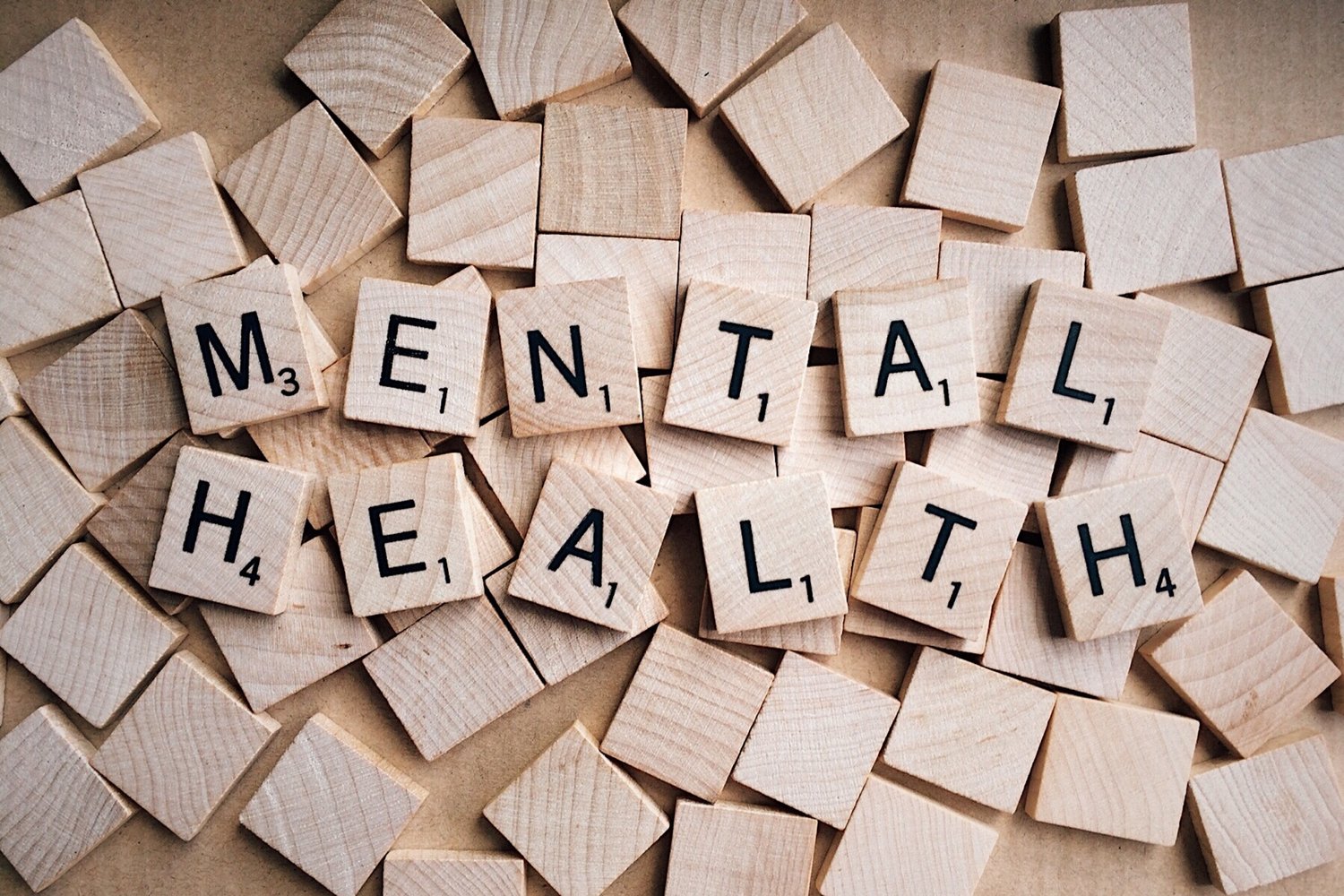Hitting what experts call the ‘pandemic wall’
Fatigue from the nearly yearlong coronavirus pandemic and its associated isolation because of quarantining from what are considered the normal daily routines for going to work, attending school and sharing activities and events with others has led mental health experts to describe that feeling as hitting the “pandemic wall.”
According to the Kaiser Family Foundation, a nonprofit organization headquartered in San Francisco, 53 percent of adults have said that the pandemic was having a negative impact on their mental health.
Tanzina Vega, host of National Public Radio’s “The Takeaway,” shared a series of Jan. 14 tweets describing the pandemic wall. “Lots of people – including me – are hitting what I’m calling the pandemic wall this week,” Vega tweeted. “The burnout from working non-stop, no break from news, childcare and isolation is hard.” Vega added that she hopes people can acknowledge that it is alright to not feel OK during this time.
The Long Island Crisis Center, based in Bellmore, has continued to serve the South Shore by offering uninterrupted services since the coronavirus pandemic began.
In the last three months of 2020, center officials said they received more than 400 calls related to the coronavirus. These sometimes included calls for medical information, but largely were from those seeking support counseling to counter trauma brought on by the pandemic.
Debra Katz, a volunteer at the Crisis Center, noted that it is important for people who think they have hit a mental wall to discuss their feelings with others, whether it is with a mental health professional or not.
“The first thing I do when I get a call is listen,” Katz said. “People need to be heard and some have no one to talk to. Just to have somebody on the other end of the phone to listen to them and tell them it’s OK to feel the way they feel, sometimes that’s all they need.”
She added that people being alone more than usual because of quarantining is also contributing to hitting the pandemic wall. “The calls have become more isolation-related rather than inter-personal relationship problems, because people aren’t interacting with other people as much,” Katz said. “People are isolated, and that is a huge problem now.”
Tempo Group in Woodmere, which has offered drug and alcohol abuse and addiction programs for youths, teens and adults for more than 50 years has had its counselors speaking with patients virtually and in-person throughout the pandemic.
Bob Meislin, an assistant director with Tempo, highlighted some important tips for those struggling with mental health challenges such as planning, exercise, routine, meditation and staying connected.
“Just because you’re feeling isolated, it doesn’t mean you have to be alone,” he said. “It’s important to stay active as well. I walk around my office just to get some exercise in.”
The Crisis Center can be reached through its hotline (516) 679-1111. Contact Tempo Group at (516) 374-3671.
Have an opinion on the “pandemic wall” or what to share your story? Send a letter or your story to jjbessen@liherald.com.

 47.0°,
Fair
47.0°,
Fair 




